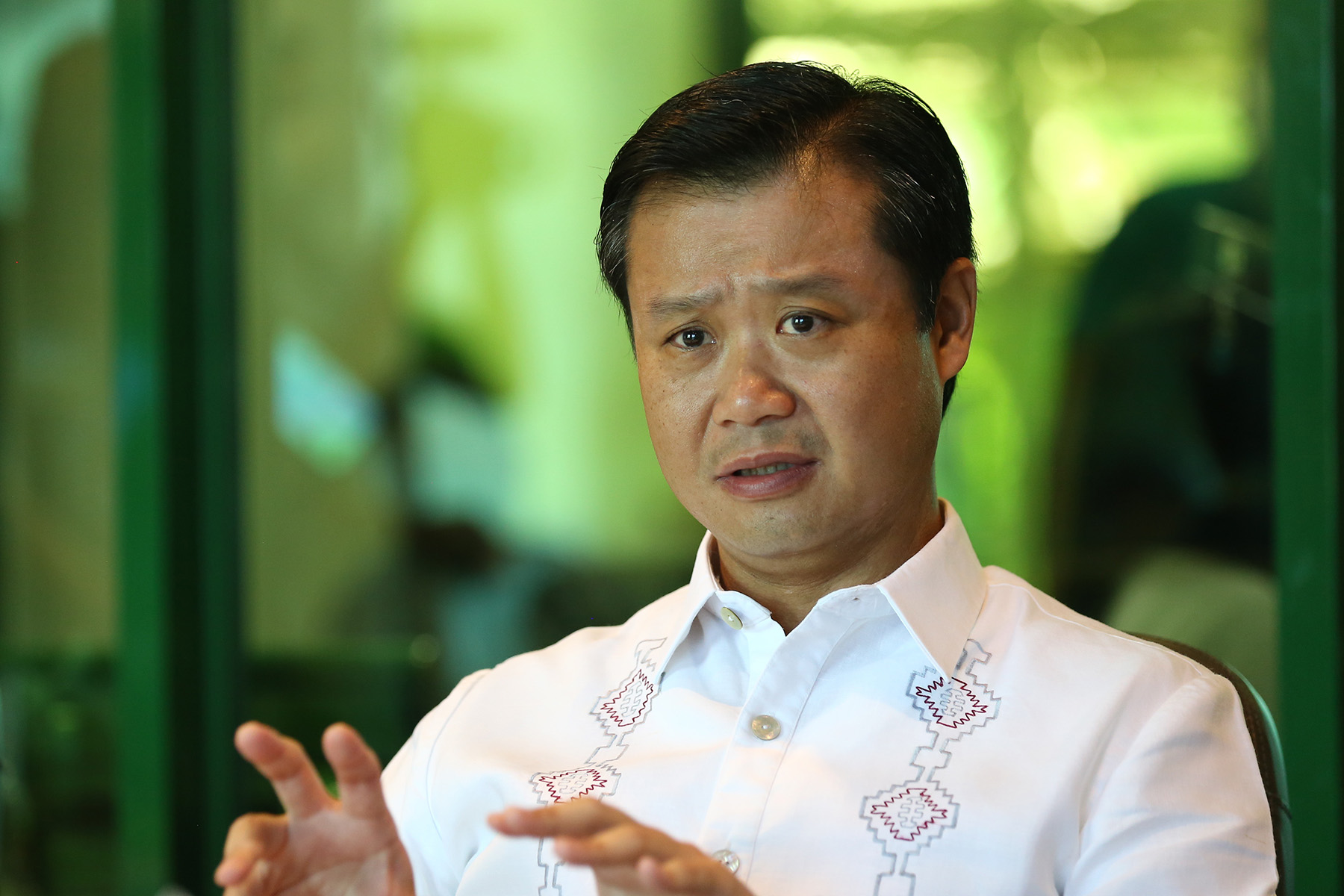Though the Philippines has retained its ‘Tier 1 Status’ by the U.S. State Department for meeting the minimum standards on the elimination of trafficking, Senator Win Gatchalian reiterated the need for a stronger government crackdown on all forms of human trafficking, including the online sexual exploitation of children (OSEC).

The U.S. State Department’s 2021 Trafficking in Persons Report for the Philippines revealed that the government convicted 73 traffickers under the anti-trafficking act and related laws, most of which subjected children to sex trafficking, including 25 who sexually exploited children online. The report said that the Department of Social Welfare and Development (DSWD) served 1,205 trafficking victims, including 157 victims of OSEC. The report also identified other challenges such as slow moving courts, the need for additional training on handling digital evidence in hearings and trials, and too few prosecutors for timely prosecution of trafficking crimes.
During the lockdowns from March to May 2020, the Department of Justice Office of Cybercrime (DOJ-OOC) reported receiving a 264 percent increase in Cybertipline reports of alleged OSEC cases compared to the same period in 2019. Gatchalian also recalled instances when some students resorted to selling lewd videos and images to raise funds for distance learning.
In 2020, Gatchalian filed Senate Bill No. 1794, which strengthens Republic Act No. 9208 as amended by Republic Act No. 10364 (Expanded Anti-Trafficking in Persons Act of 2012). The proposed measure seeks to provide standards and guidelines on surveillance, interception, investigation, and prosecution of different forms of human trafficking, including sexual exploitation, prostitution, and pornography.
The proposed measure provides that in cases of child trafficking and when law enforcers have established a crime of trafficking was committed, is being plotted, or taking place, regional trial courts can authorize law enforcers to conduct surveillance and record communications.
Internet service providers (ISPs) and tourism-oriented establishments are also given responsibilities under this proposed measure. ISPs are mandated to block and filter any access to child pornography. Meanwhile, tourism-oriented establishments are tasked to train their staff to recognize signs of human trafficking crimes so they can report them to law enforcement agencies.
“Sa pamamagitan ng isinusulong nating batas na layong patatagin ang ating mga batas kontra human trafficking, hangad nating maligtas ang ating mga kabataan sa ganitong uri ng pang-aabuso at karahasan,” said Gatchalian.


